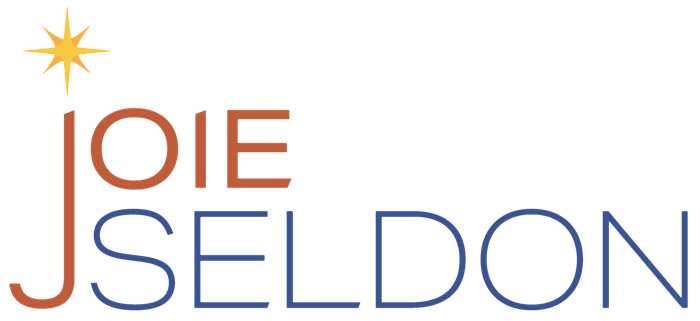
FEAR
I have long said that if I had to teach about only one emotion it would be FEAR. In its unadulterated form, fear’s function is to save your life and keep you from harm. We need fear to survive.
Given the complexity of the human mind, the closest we can get to pure emotion is in our ability to experience them with a high level of self-awareness.
What is infinitely more common is fear sparked by believing there is a threat to one’s autonomy, values, and status quo. This sparks a lot of worst-case-scenario thinking that is largely unconscious.
This kind of fear then activates its partner in survival, anger. Anger is a boundary setter, so it makes sense that when you feel threatened by some outside force, you’ll want to set a boundary – a protector – to keep that out. The problem is that hanging on to these powerful emotions result in automatic behavior rather than conscious action. This in turn impedes understanding, resolution and progress.
MASKS
The U.S. is divided into two ways people are coping with their fears right now. One that wears masks to protect them from getting Covid and those who don’t wear masks because they believe their autonomy is threatened.
I understand both sides. A hundred years ago I was an extra on a movie, Day of the Locus. I was part of a group that was featured in a massive crowd scene in which the main character hallucinated. For the last day of shooting a full-face plaster mask was put over my face. I had a strong visceral reaction to it, where I felt like my identity had disappeared.
On the other side, when Arizona implemented a mask mandate the infection rate went down 75%.
Leaders need to be aware that their employees have differing world views, beliefs, personalities, and needs. It is inevitable that there will be issues between employees. Emotionally Intelligent leaders are able to stay present with what is happening and be flexible in how they handle things.
LEADERSHIP
We all need guidance in life, so we look to leaders – be it subject matter expert, boss, friend, parent, or spiritual advisor. Leadership has a profound impact on the way we think, believe, react and respond.
People who come to me for private coaching most often do so because their leaders, be it their manager on up to the CEO, are unaware of the negative impact their behavior, coworkers’ behavior or the company culture has on others. Requests and complaints go unheeded. There is no structure within the company to seriously deal with the emotional impact of poor management. What astonishes me is the financial cost this has for companies. Countless hours are wasted by failure to communicate, address conflict and incompetency.
I know for certain fear is a key factor. People don’t like confrontation, so they avoid dealing with their people. The thing is, when you have emotional intelligence, you don’t need to be confrontational. You do need to communicate and lead in a way that values every individual, even when they are being a pain, as long as they are not allowed to continue being a pain indefinitely. Boundaries must be set.
The pandemic has forced companies to pay a lot of attention to their employees. According to a McKinsey survey of 800 US based employees “Most companies did a solid job of addressing their employees’ basic needs of safety, stability, and security during the first phase of the COVID-19 crisis. However, those needs are evolving, calling for a more sophisticated approach as organizations enter the next phase.”
Being afraid of Covid because it could kill you is a good thing. That kind of fear can save your life. However, the core message of fear when your life is not directly threatened is “Pay attention!” The pandemic is forcing all of us to pay attention to the big picture of how we humans are doing.
My hope is that in McKinsey’s call for a “more sophisticated approach” leaders everywhere will recognize the emotional life of their employees needs attention, that security and stability go beyond the obvious. There is a gold mine in listening to the emotional needs of people and training leaders at all levels in how to address them. Emotional Intelligence improves productivity and reduces waste.
The results? More profit. Happier employees. The sense of fulfillment that comes from creating more harmony in the world.
